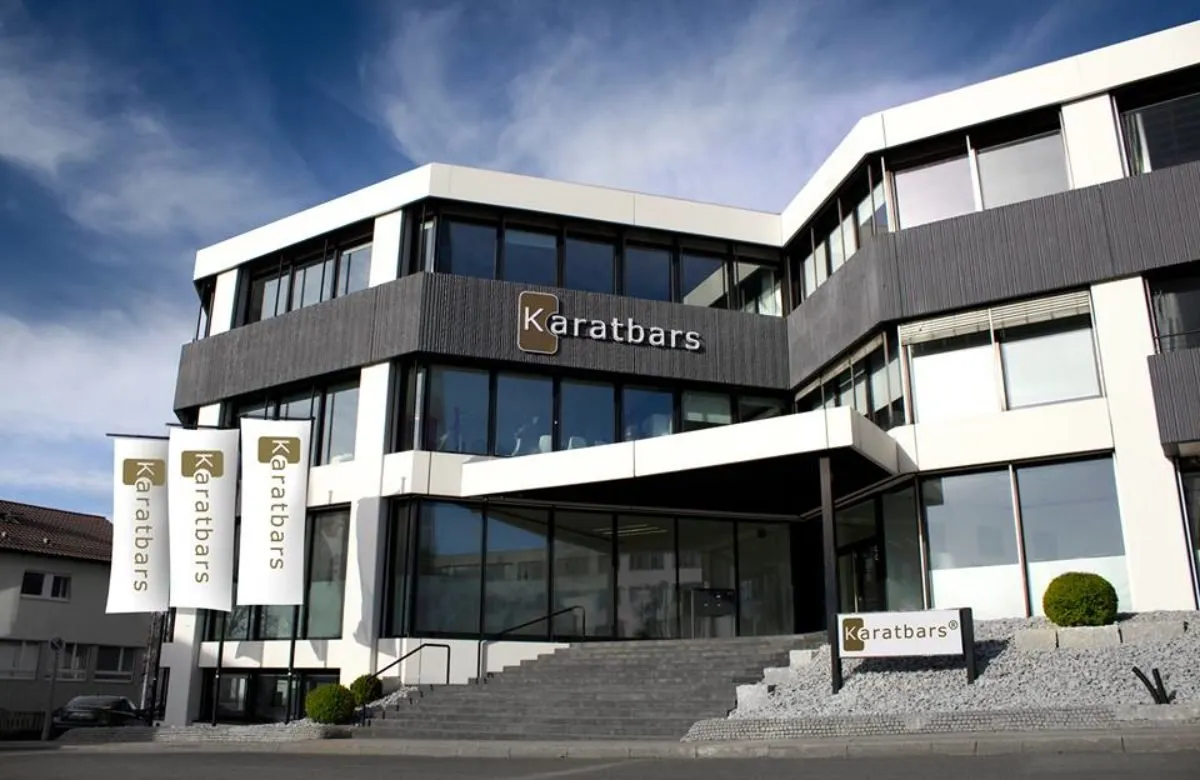
German financial watchdog BaFin sent a cease-and-desist order to crypto firm Karatbars after suspicions of running a pyramid scam. The Stuttgart-based Karatbars International GmbH is led by Harald Seiz, and is now suspected of running a pyramid scheme that made millions of euros all over the world. Karatbars launched earlier this year with events in Amsterdam and Cape Town.
According to the German news outlet Handelsblatt the public prosecutor in Stuttgart opened investigations into Karatbars. This happened after the crypto startup made many false statements, for example claiming ownership over a gold mine in Madagascar and a banking license in Miami.
Company owner Harald Seiz raised 100 million dollars through sales of his KaratGold Coin token (KBC). Karatbars offers gold on the blockchain to affiliates. These affiliates earn a commission when they get more people into the program. That makes Karatbars really look like a pyramid scheme, and that's a scam.
Seiz has been hyping his product. He spoke to his affiliates and followers about for example gold bars and Lamborghinis. This happened at events in Cape Town and Amsterdam. The event in Amsterdam even had celebrity appearances of former football stars Lothar Mattheus, Roberto Carlos and Patrick Kluivert. None of the footballers claim to know Seiz, or have any business with him besides the event invitation.
The accusations by the German watchdog aren't coming out of thin air. In May the authorities in Namibia have labelled Karatbar as a pyramid scheme. In addition Florida's financial regulators denied that the Belize-based Karatbar Foundation had been given a banking license. On top of that the South Africa Financial Sector Conduct Authority (FSCA) issued a warning to the public about the crypto company.
Karatbars claims to be innocent. The company supposedly never sold its tokens, but gave them away as a bonus when investors bought other products. At the moment the KBC token is trading on dozens of exchanges, including HitBTC and Yobit. KBC is currently trading around $0.019.
Karatbars reminds us a lot of another cryptocurrency scam. Bulgaria-based OneCoin made billions of dollars with its ICO without ever launching an actual product. One of the founders of that company admitted guilt in American court earlier this week.
Alongside OneCoin there’s another major cryptocurrency scam called BitConnect. This infamous ponzi scheme gathered 3.2 billion dollars, powered by a social media referral system. BitConnect promised investors 1% interest on their money per day and that number would increase of they signed up more people into the scheme. The police arrested an individual in India, unraveling a network of crypto scammers that went all the way up into the political parties.
The time of scamming with initial-coin offerings seems to be over. These type of investments are supervised by government institutions like the Securities and Exchange Commission. The authorities are much more aware of what's happening in the cryptocurrency space nowadays.
In recent months they have fined several companies based on the way they treated their ICO in 2017 and 2018. For example, EOS founding company Block.One had to pay 24 million dollars. Veritaseum settled for 9.5 million dollars, while Nebulous had to pay 240 thousand dollars. However, these companies are actually producing a product. It's more about the companies that are really stealing money from their investors.